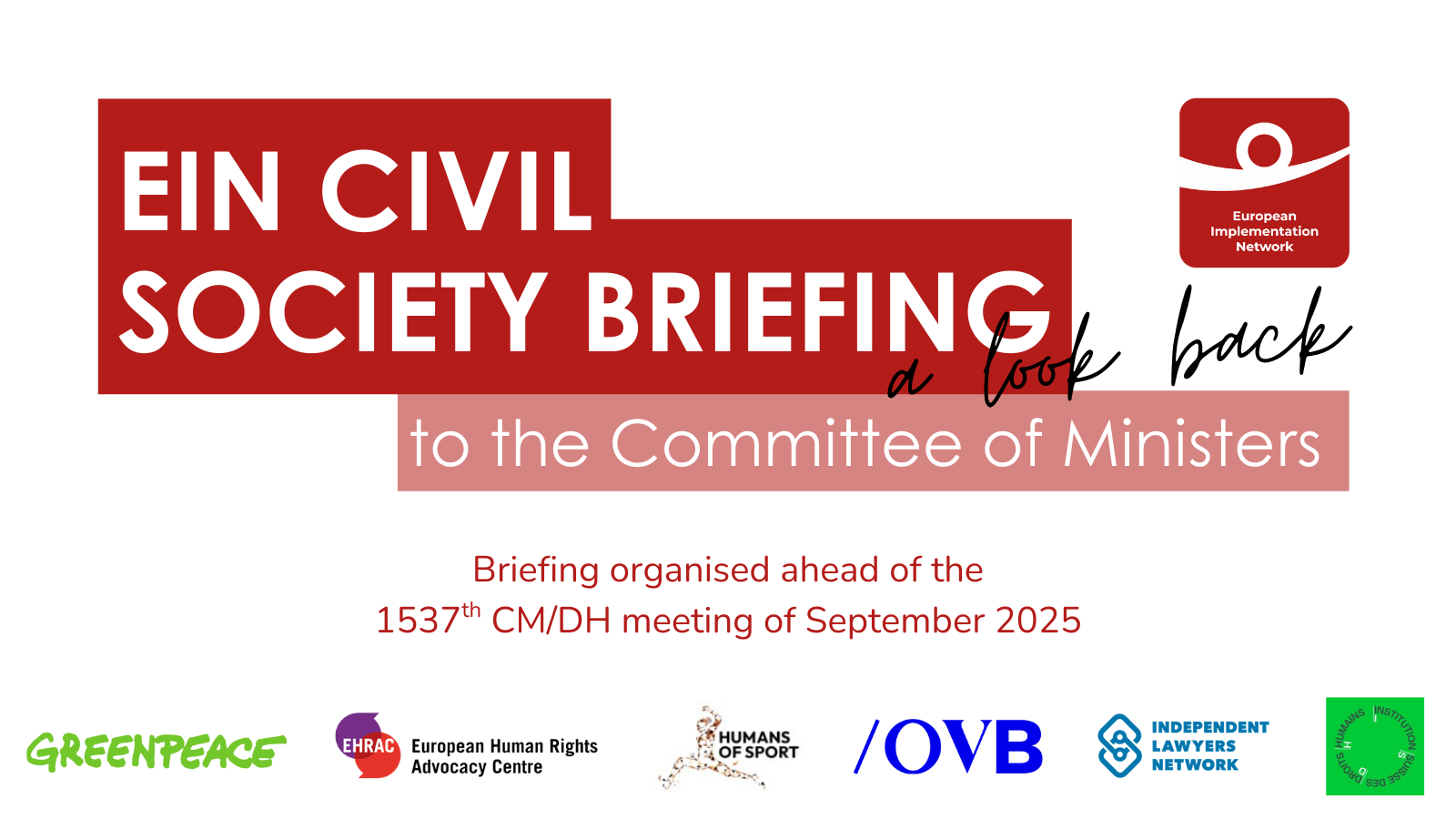This group of cases concerns discrimination in electoral eligibility for the Presidency and House of Peoples of Bosnia and Herzegovina, which prevents individuals from running unless they belong to one of the three ‘constituent peoples’ (Bosnians, Croats, or Serbs), or meet specific ethnic and residency requirements (violations of Art. 1 of Prot. No. 12 and, in most cases, of Art. 14 in conjunction with Art. 3 of Prot. No. 1). The Court acknowledged that these provisions were originally intended to stabilise the post-war context, but ruled that, more than eighteen years later, such restrictions were no longer justified, calling for democratic reforms to ensure equal political rights for all citizens.
As highlighted by Stefania Carrer, the implementation of the Sejdić and Finci judgment remains stagnant, with discriminatory provisions in Bosnia and Herzegovina’s Constitution and electoral law still barring non-constituent minorities from key political roles. Four general elections under this framework later and despite five interim resolutions by the Committee of Ministers, no substantive reforms have been made over the past 15 years. The Council of Europe Commissioner for Human Rights has warned that by favoring only the three constituent peoples, the system undermines equality and fuels ethnic tensions undermining stability. Although high-level discussions and meetings have taken place, confirming deliberations on amending the Constitution and Election Law, concrete actions to implement these changes remain elusive. Furthermore, the lack of meaningful consultations with non-constituent minorities and plaintiffs continues to hinder progress toward a more inclusive political system, and this is reflected in the increasing number of cases highlighting unaddressed structural discrimination.


























